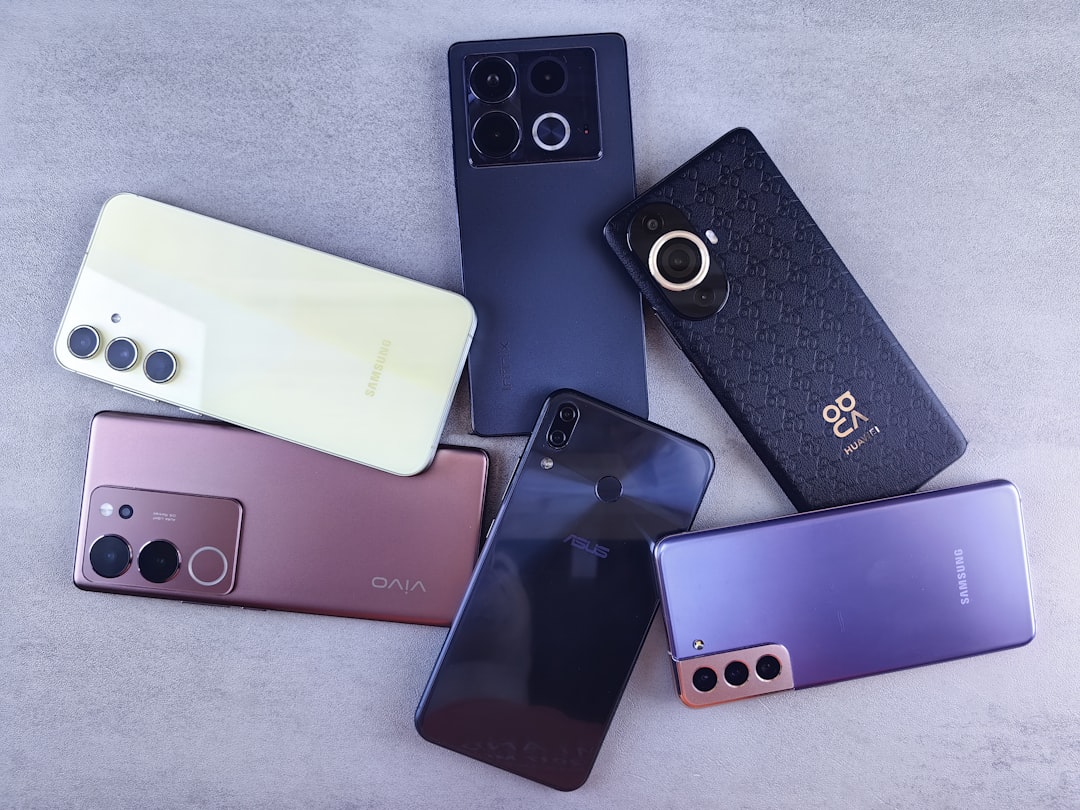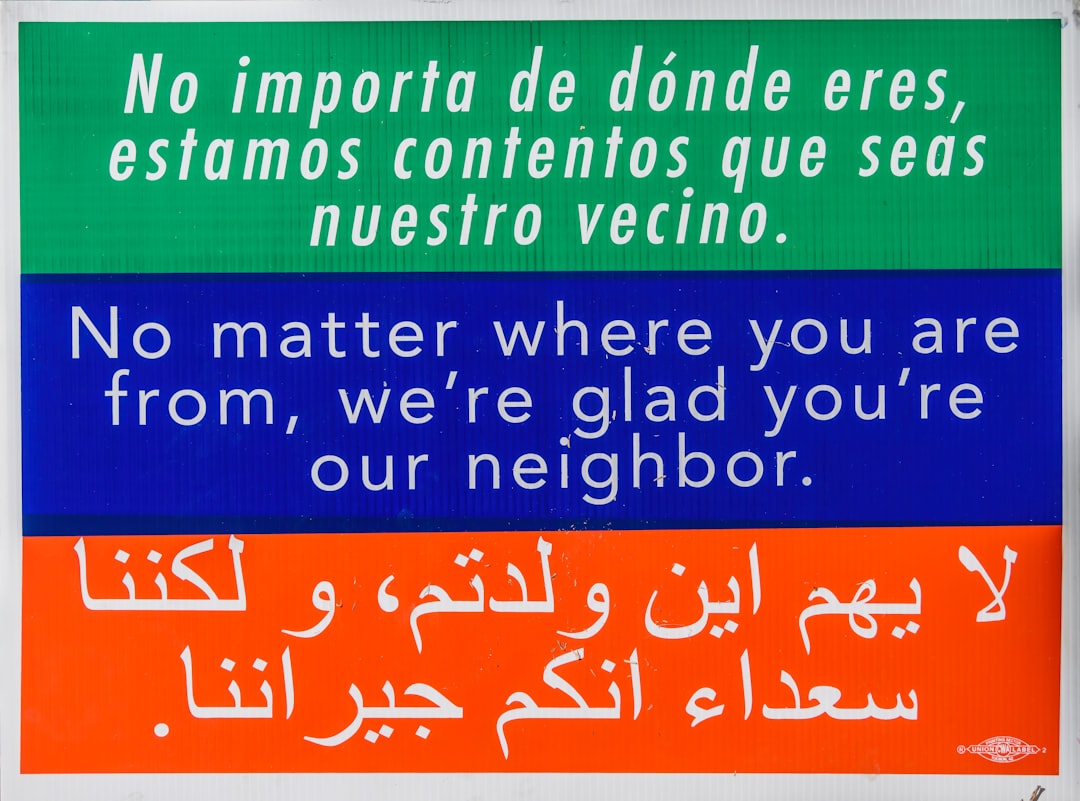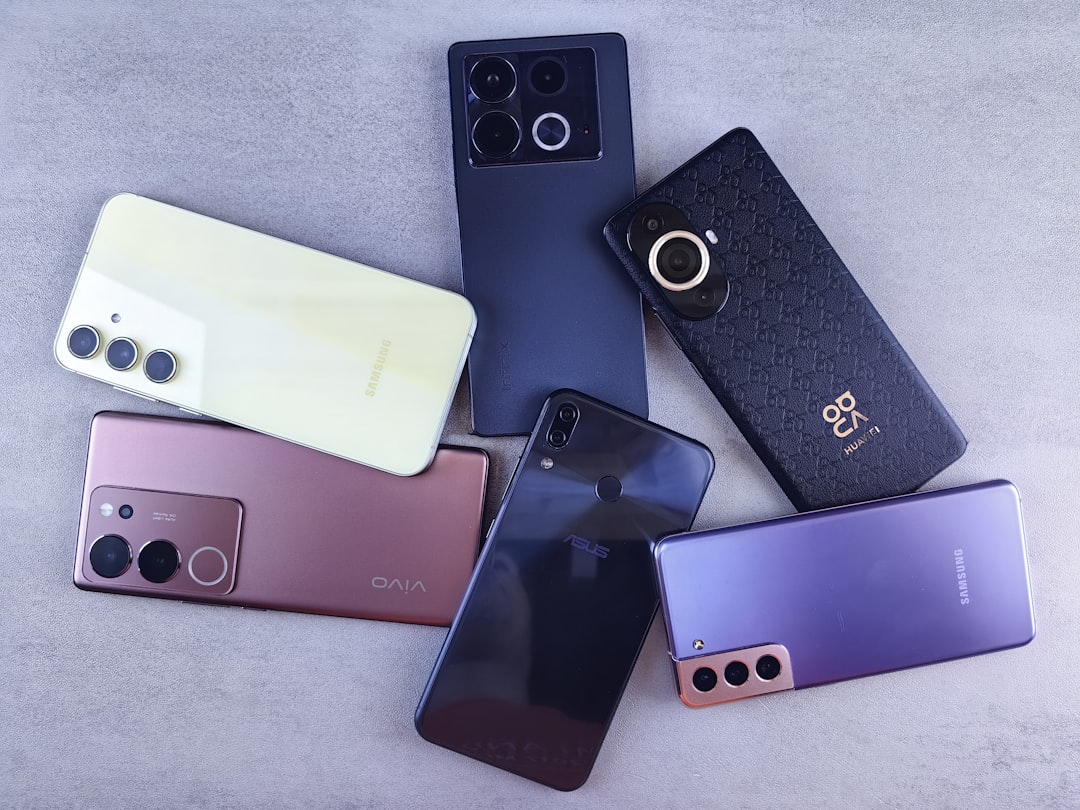
Speaking Part
Q1: Do you own a smartphone?
Yes, I do. I have been using a Samsung Galaxy for about 2 years now. It's an integral part of my daily routine and I heavily rely on it for a number of tasks.
• Integral part of my daily routine → Một phần không thể thiếu trong cuộc sống hàng ngày của tôi
• Heavily rely on → Phụ thuộc nhiều vào
• Number of tasks → Một số nhiệm vụ
Q2: What do you usually use your smartphone for?
I mainly use it for communication, such as making calls or sending text messages. But I also frequently use it for browsing the internet, checking emails, keeping up with news updates and utilizing various applications for different purposes.
• Browsing the internet → Lướt internet
• Keeping up with news updates → Cập nhật tin tức
• Utilizing various applications → Sử dụng các ứng dụng khác nhau
Q3: How often do you change your smartphone?
I don't change my smartphone very often, usually it's every 3 to 4 years. I prefer to stick with a model that I'm comfortable with, rather than constantly switching to the latest model.
• Stick with a model → Gắn bó với một mẫu
• Comfortable with → Thoải mái với
• Constantly switching → Liên tục đổi
Exercises
- 1. He _____ the internet to search for information.
- 2. I _____ my smartphone mainly for communication.
- 3. It's an _____ part of my daily routine.
- 4. I don't change my smartphone very _____.
- 5. I prefer to _____ with a model that I'm comfortable with.
- 6. I _____ rely on my smartphone for a number of tasks.
- 7. She is _____ switching to the latest model.
- 8. I use my smartphone for _____ the internet.
- 9. I use it for _____ up with news updates.
- 10. I am _____ various applications for different purposes.
Answers
- 1. Browses
- 2. Use
- 3. Integral
- 4. Often
- 5. Stick
- 6. Heavily
- 7. Constantly
- 8. Browsing
- 9. Keeping
- 10. Utilizing








